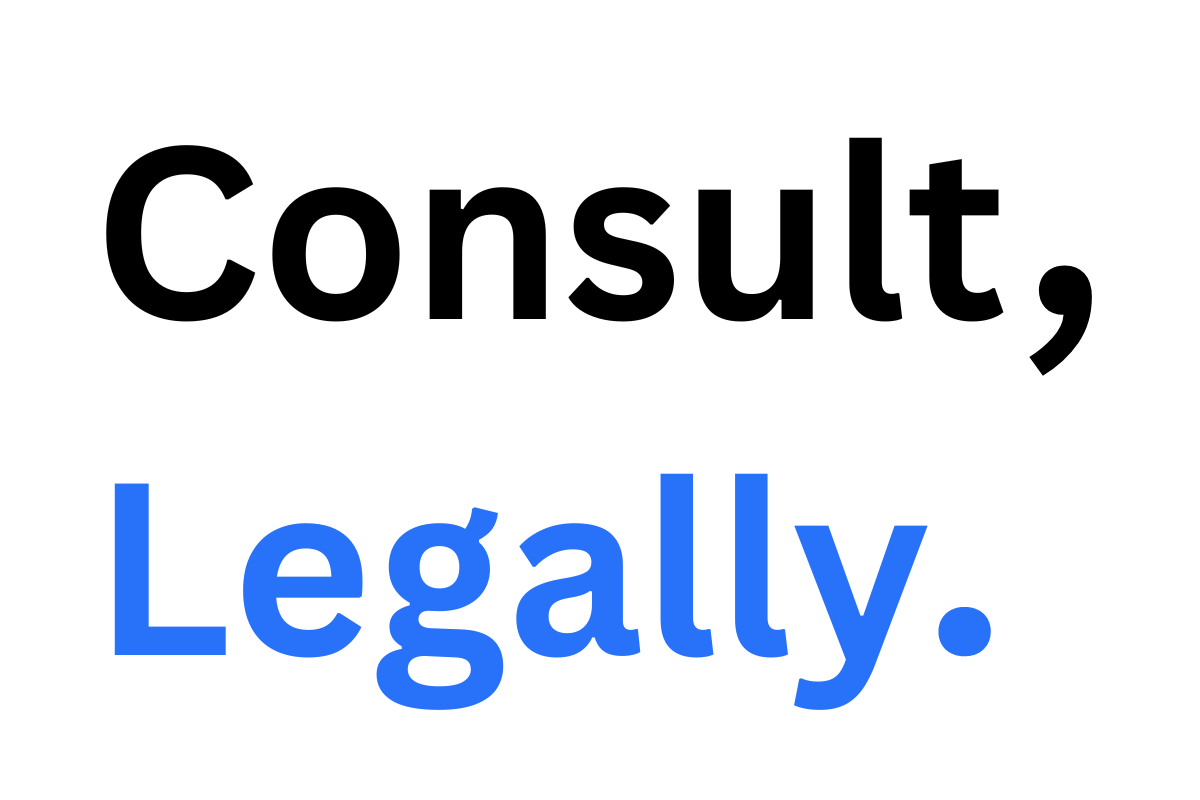Owning your own home is a dream come true for many people. Unfortunately, some mortgage companies take advantage of that dream and engage in predatory lending practices that can quickly turn your dream into a nightmare. If you’re feeling trapped in a high-interest loan or facing unfair terms with your mortgage, you may be wondering: “Can I sue my mortgage company for predatory lending?” or “How do I sue my mortgage company?”
If you’ve found yourself in a difficult situation because of a mortgage that seems unfair or even deceptive, this article will guide you through the process of understanding predatory lending and your legal options. We’ll help you understand whether you can sue your mortgage company for predatory lending, what to look for, and what steps to take.
What Is Predatory Lending?
Predatory lending refers to mortgage practices that are unfair, deceptive, or even fraudulent. These practices tend to benefit the lender, often at the expense of the borrower. The goal of predatory lending is to get the borrower into a loan with high fees, high-interest rates, and terms that are difficult or impossible to repay.
Often, predatory lenders target vulnerable borrowers, such as people with poor credit, limited financial knowledge, or those in desperate financial situations. The result is that many borrowers end up trapped in debt with loans they can’t afford, which can eventually lead to foreclosure, financial hardship, and emotional stress.
Signs of Predatory Lending
You might be wondering if you’ve fallen victim to predatory lending practices. Here are some common signs to look out for:
- High Fees and Interest Rates: One of the biggest red flags of predatory lending is high fees and interest rates that far exceed the normal market rate. These fees can make it incredibly difficult to keep up with payments, pushing you further into debt.
- Balloon Payments: Some mortgage loans come with balloon payments, meaning that a large lump sum is due at the end of the loan term. This can leave you with no choice but to refinance the loan or face foreclosure.
- Pressure Tactics or Deception: If your lender is rushing you to sign the mortgage contract without giving you time to understand the terms, or if they are hiding important details in the fine print, this is a clear sign of predatory lending.
- Targeting Vulnerable Borrowers: Predatory lenders often target people with low credit scores, those who are in a tough financial spot, or people who may not fully understand what they are signing up for.
- Equity Stripping: Equity stripping is when the lender encourages you to refinance repeatedly, adding new fees each time. This drains your home’s equity while benefiting the lender.
- Prepayment Penalties: Some lenders include high penalties for paying off the loan early, which can make it harder for you to pay off your loan and build equity.
If you’ve noticed even one or two of these red flags, it’s important to proceed with caution and seek legal advice as soon as possible.
Can You Sue Your Mortgage Company for Predatory Lending?
Yes, you can sue your mortgage company if you believe you’ve been a victim of predatory lending. Several laws exist to protect consumers from these kinds of unfair practices. To successfully sue your mortgage company, you’ll need to prove that they engaged in illegal or unethical lending practices that caused you financial harm.
Laws like the Truth in Lending Act (TILA) and the Home Ownership and Equity Protection Act (HOEPA) are designed to protect borrowers from predatory lending practices. If you can show that your mortgage company violated these laws, you may have a solid case to take legal action.
What Laws Protect You from Predatory Lending?
Several federal and state laws are designed to protect consumers from predatory lending:
- Truth in Lending Act (TILA): The Truth in Lending Act requires lenders to fully disclose the terms of the loan, including the interest rate, fees, and other costs. If your lender didn’t provide clear information about these terms, they may have violated TILA.
- Home Ownership and Equity Protection Act (HOEPA): HOEPA is specifically designed to regulate high-cost mortgages. It imposes strict requirements on lenders offering such loans, and violations can result in serious consequences for the lender.
- Real Estate Settlement Procedures Act (RESPA): RESPA protects you from abusive practices like kickbacks and hidden fees. If you were charged unnecessary or undisclosed fees, this law may apply.
- Equal Credit Opportunity Act (ECOA): ECOA prevents discrimination in lending practices based on race, gender, religion, and other protected characteristics. If you were treated unfairly based on any of these factors, you could have a case.
- State Consumer Protection Laws: Each state has its own consumer protection laws that help protect borrowers from unfair lending practices. These laws may vary from state to state, so it’s important to consult with a local attorney to understand how they apply to your situation.
How to Sue Your Mortgage Company for Predatory Lending
If you believe you’ve been a victim of predatory lending and want to pursue legal action, here’s a general outline of the steps you’ll need to take:
- Consult an Attorney: The first step is to consult with an attorney who specializes in consumer protection and predatory lending. They can help you evaluate your case, determine whether you have a valid claim, and guide you through the legal process.
- Review Your Loan Documents: Your attorney will help you carefully review your mortgage documents to identify any violations of lending laws. This includes looking for signs of high fees, undisclosed charges, and other predatory terms.
- Gather Evidence: To support your case, you’ll need to gather all relevant documents, such as your loan agreement, payment records, communication with your lender, and any other documents that show evidence of unfair lending practices.
- File a Complaint: Before filing a lawsuit, it’s a good idea to file a complaint with regulatory bodies like the Consumer Financial Protection Bureau (CFPB) or your state’s attorney general’s office. These agencies may investigate your complaint and help resolve the issue before it reaches court.
- File a Lawsuit: If the issue isn’t resolved through complaints or negotiations, your attorney may advise you to file a lawsuit. This will involve filing a formal complaint in court that outlines your claims and the relief you are seeking.
- Prepare for Litigation: Once the lawsuit is filed, you’ll enter the discovery phase, where both sides exchange evidence and information. You may also go through depositions, and if the case isn’t settled, it will go to trial.
Legal Defenses Mortgage Companies May Use
Mortgage companies will likely have legal defenses to protect themselves against claims of predatory lending. Some of the most common defenses include:
- Disclosure Compliance: The lender may argue that they provided all required disclosures according to the law.
- Borrower Understanding: The lender might claim that you fully understood the terms of the loan when you signed the agreement.
- Due Diligence: The lender may argue that they followed all necessary legal requirements and that you were not misled.
- Statute of Limitations: The lender might argue that your claim is too old and that it falls outside the legal time limits for filing a lawsuit.
Possible Remedies for Predatory Lending
If your lawsuit is successful, you may be entitled to several remedies, including:
- Modification of Loan Terms: The court may order the lender to modify the terms of your loan, such as reducing the interest rate or removing unfair fees.
- Damages: You may be entitled to compensation for financial losses, emotional distress, and other damages caused by the predatory lending practices.
- Loan Rescission: In some cases, the court may order the lender to cancel the loan and return all payments you’ve made.
- Prevention of Foreclosure: If foreclosure is imminent, the court may intervene to stop the foreclosure process and allow you to keep your home.
Conclusion
Predatory lending is a serious issue that can have long-lasting financial and emotional consequences. If you believe you’ve fallen victim to unfair lending practices, you have the right to seek legal action. By consulting with an experienced attorney, gathering evidence, and pursuing a lawsuit, you can protect yourself and hold your mortgage company accountable for their actions.
Remember, you don’t have to face predatory lending alone. Legal professionals can guide you through every step of the process, ensuring that you have the best chance of a fair resolution. Whether you seek compensation, loan modification, or even the cancellation of your mortgage, taking action against predatory lending can help restore your financial well-being.

